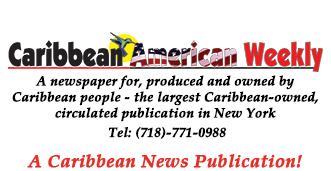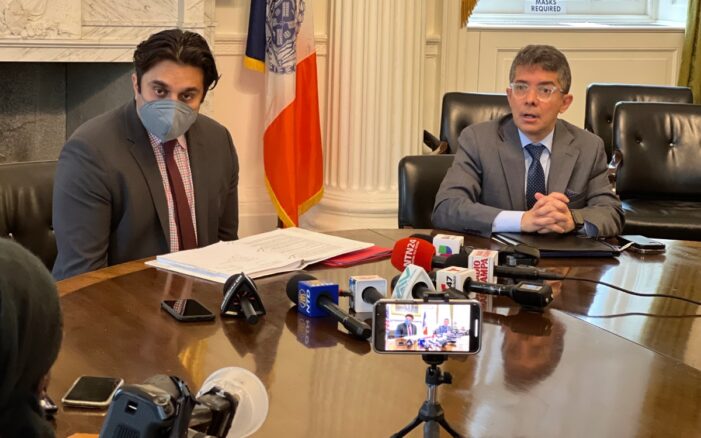Photo credit: PP/IQ INC.
By Manuel Holguin
During a recent briefing, the new NYC Health Commissioner, Dr. Ashwin Vasan, addressed questions from ethnic media from all five boroughs. They asked questions regarding concerns affecting ethnic and immigrant communities; vaccines, boosters, mask mandates, new variants, rise in cases, and mental health.
“Our mental health system, I can say very clearly, is broken,” said Dr. Vasan. “Because we as a society, American Society, has neglected this issue for decades, and now is the time, and we finally have an opportunity to reinvest resources.”
The volume of stress the pandemic caused is unmeasurable. Everyone was attached to their phones, computers, and television to get news. People did not know how they would buy food and necessities and pay rent because they had to stop working. They had to stay indoors for weeks or months, not knowing what would happen next. They saw their loved ones get sick, many of whom did not make it out of this. Even as the world began to get back to routine life, things were not the same. There was misinformation, disinformation, conspiracy theories, face masks became a political statement, and the rise in hate crimes against Asian Americans.
As if the lives of people did not have enough stress. The pandemic led to a significant upsurge in the number of adults reporting symptoms of stress, anxiety, depression, and insomnia. Millions of Americans were already suffering from these conditions before the pandemic, which only worsened.
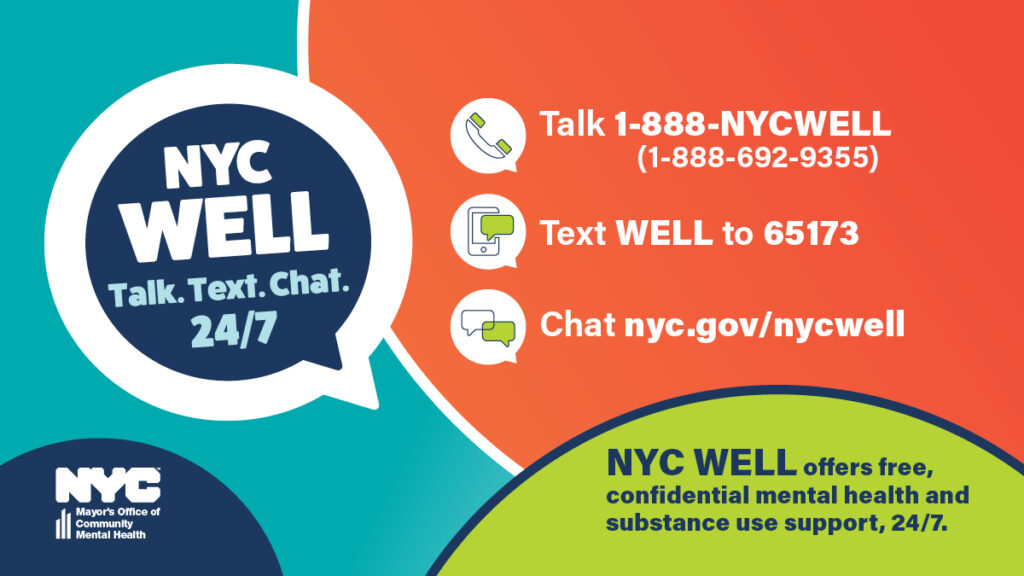
It’s difficult to confess mental health issues and even more to seek help. Especially in many cultures, a heavy shame makes it almost nearly impossible to even speak about it.
“If I do nothing else in this job, I want to raise this issue and start breaking this stigma for all New Yorkers,” said Dr. Vasan after being asked the best way to normalize conversations about mental health.
Because of this harsh stigma, minorities and immigrants are left to find mental health treatment and support unaided. On top of this issue, people in these communities are less likely to receive the proper healthcare, hindering their chances of being correctly diagnosed and treated. Many immigrants also deal with additional stressors such as language barriers, lack of employment opportunities, housing, cultural difference, and prejudice.
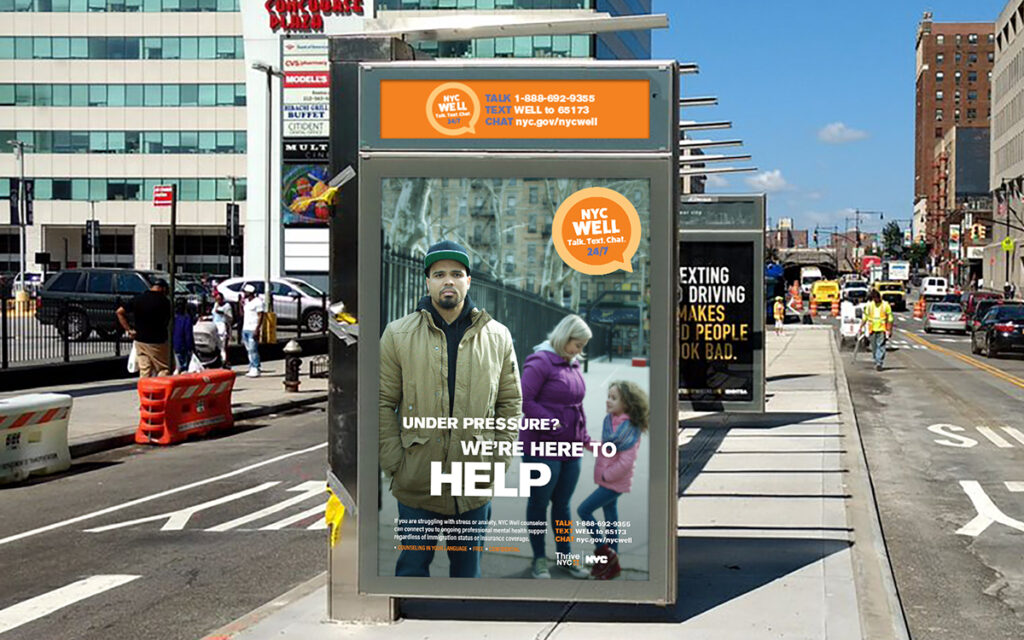
Photo credit: Manuel Holguin
“The way in which we deliver mental health care in our communities is not just through our health systems,” said Dr. Vasan, “it is through our community organizations; it is through each other, in peer-to-peer conversations.”
Programs like NYC Well offer free, confidential assistance, crisis intervention, and information and referral service for anyone seeking service for mental health and substance misuse. They are available 24 hours a day, seven days a week, 365 days a year via text, call, or chat. When one reaches out to NYC Well, they speak with a trained counselor and support expert who will listen to concerns or help through a crisis and provide the support, resources, and referrals people need to move forward and be well. They are available in English, Spanish, Mandarin/Cantonese, and telephone interpretation in over 200 languages.
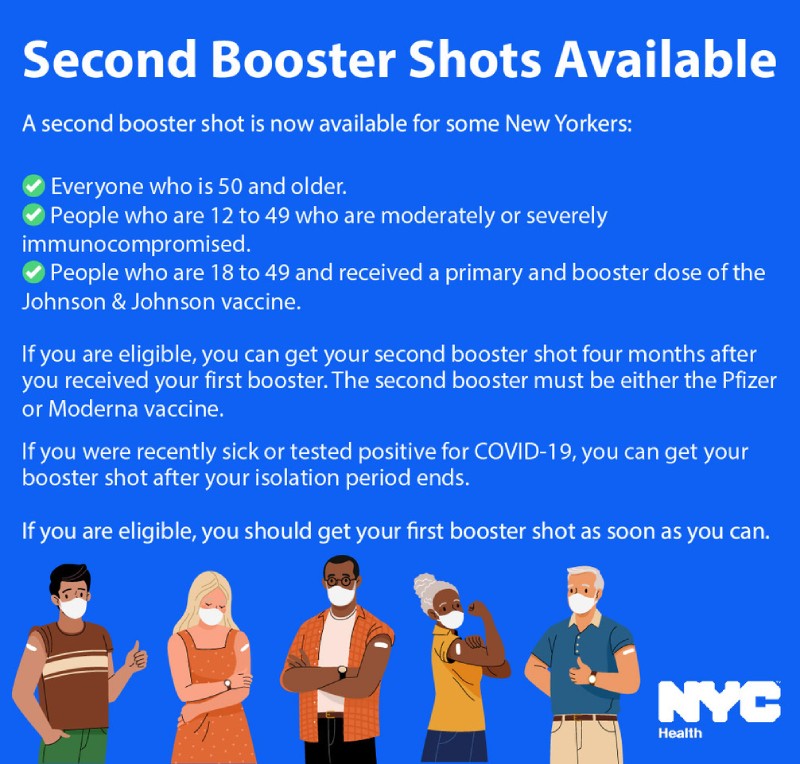
The NYC Health website also has countless resources to help stay updated on COVID-19 matters, vaccines, boosters, data, testing, treatment, and coping tips.
But it’s important to remember that one should look for help within our community, family, and inner circle. Laying bare the state of mental health shows the resilience in people, not weakness.
“Mental health care is not like you need to see someone in a white coat with that stethoscope to check your heart or take the blood,” said Dr. Vasan. “It is about creating space to heal, and especially in immigrant communities, we need to create that space within our communities within our community organizations. The city is here to support you.”
